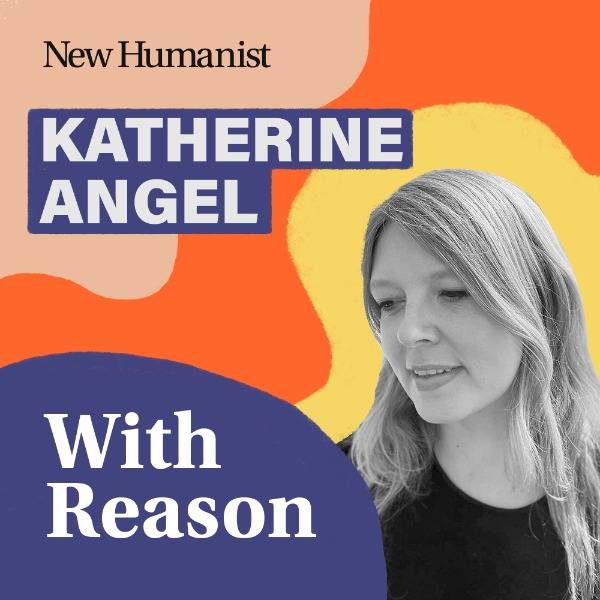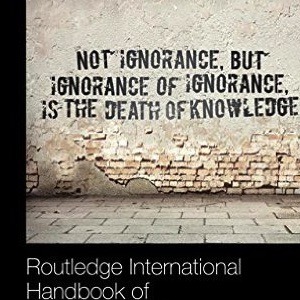He spent a lifetime opposing war – but how well does the legacy of our most famous peace activist stand up to scrutiny? Jonathan Rée considers Russell's pacifism.
To understand the origins of the First World War, we must understand imperial rivalries and the racism that underpinned them, Kenan Malik argues.
Hailed as spirited radicals for their work in their native Ukraine, “sextremist” activists Femen have attracted as many critics as admirers. Agata Pyzik investigates, in this piece from our winter 2013 issue.
Epicurus was far from the lover of fine food his name now suggests. In fact, his ideas liberated his followers from fear of the gods, writes David Sedley.
5. Danger zone
Centuries of fear and loathing mean the vagina remains taboo. Can a new generation of feminist writers rehabilitate this troublesome organ? Sally Feldman explores.
The visionaries of the post-war era aimed to revolutionise urban living. Is it time we rediscovered their utopian spirit? asks Douglas Murphy.
Terry Eagleton and Roger Scruton are the latest in a line of thinkers to suggest that, without religion, something is missing in our lives. They’re wrong, argues Peter Watson
The discovery last autumn of a Maoist cult in South London shocked the world, writes Sam Geall. But does it have any parallels in modern-day China?
9. Humanism for a globalised world
Ten years after his death, Edward Said’s work remains a guide for how to hold universal principles in increasingly diverse societies, says Priyamvada Gopal.
By rejecting the moral certainties of most small-screen drama, Breaking Bad became the ultimate piece of atheist TV, says Mark Fisher.

